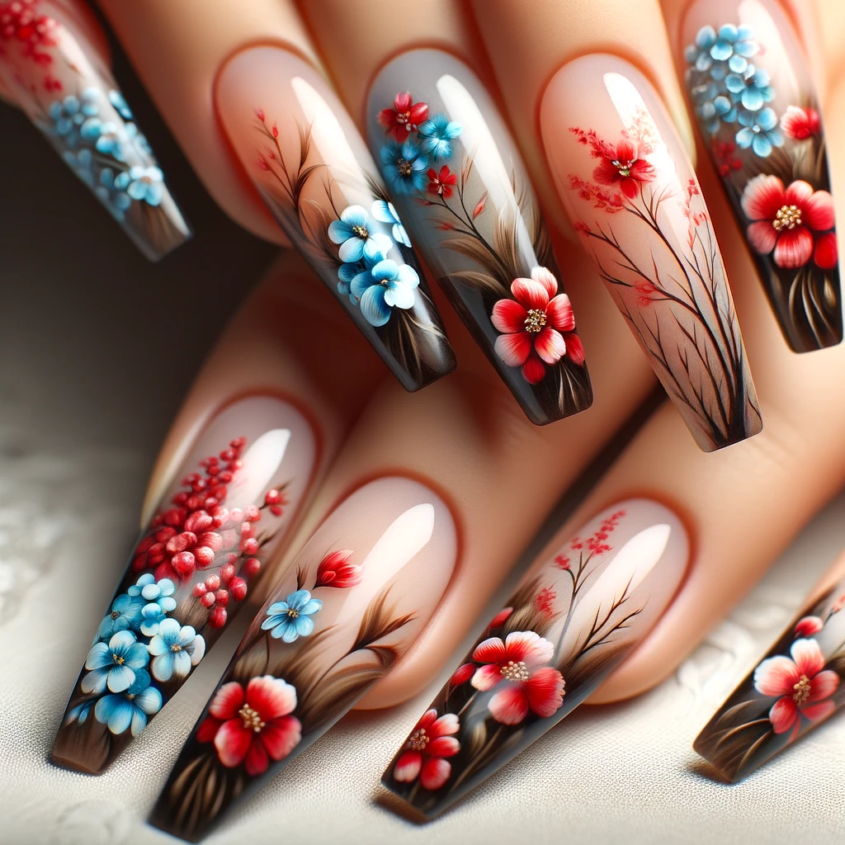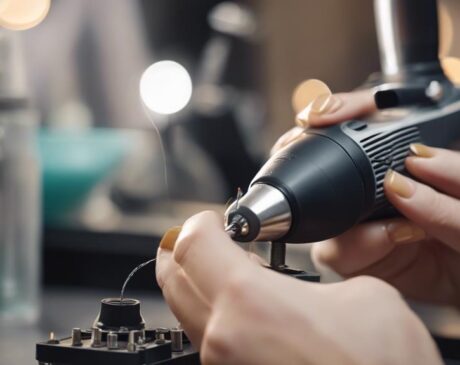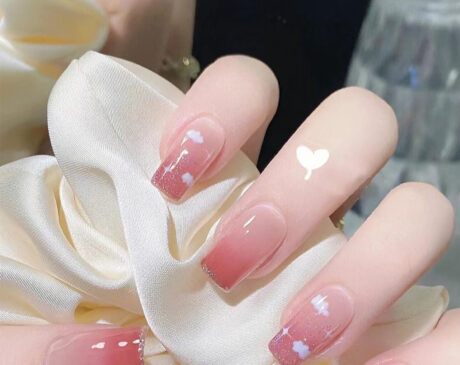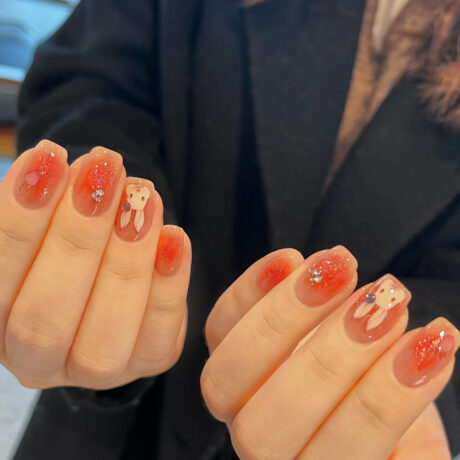Does Liquid Nails seal water?

Synonymous with strong adhesion and durability, Liquid Nails has earned its place in the world of construction and DIY projects. Originally a brand of construction adhesives, Liquid Nails offers a variety of products designed to bond materials together with superior strength. Over the years, its uses have expanded beyond mere bonding, raising questions about its waterproofing and water-sealing capabilities.
Waterproofing is an important consideration in construction and DIY projects. The ability to prevent water penetration not only ensures the structural integrity of a building but also protects materials from damage and decay. In an age where DIY projects are becoming increasingly popular, finding reliable and easy-to-use waterproofing solutions is vital for professionals and hobbyists alike.
Understanding liquid nails
Components and types of liquid nails
Liquid nails are primarily composed of either solvent-based or latex-based adhesives, each of which meets different bonding needs. Solvent-based adhesives are known for their strong, long-lasting bonds and fast set times, while latex-based adhesives are easy to use and reduce odor, making them suitable for indoor applications. The range of products under the Liquid Nails umbrella includes wood, concrete, metal and plastic options, ensuring a solution for almost any material type.
General Applications for Liquid Nails
The applications for Liquid Nails are varied. From attaching drywall, tile and trim lines to securing countertops and finishes, its ability to bond a wide range of materials makes it the adhesive of choice for both indoor and outdoor environments. Its strength and versatility make it the preferred choice for small home repairs and large construction projects.
Liquid Nails and Water Resistance
How Liquid Nail Reacts with Water
Not all Liquid Nails products are created equal when it comes to water resistance. While some variants provide excellent water resistance when fully cured, others may not be suitable for applications where constant exposure to water is expected. The chemistry of the adhesive determines how it reacts with water, and certain formulations will swell or lose adhesion when submerged or exposed to moisture for extended periods of time.
Types of Liquid Nails Suitable for Waterproofing
Among the different types of liquid nail polish, specific formulations are designed to provide superior water resistance. These are ideal for areas that are exposed to moisture, such as bathrooms, kitchens, and outdoor environments. Determining the right type of waterproof liquid nails is critical to the success of your project, especially in environments that are prone to water exposure.
Comparison of Liquid Nails to Other Waterproofing Sealants
Advantages of Liquid Nails in Water Stopping
Liquid Nails excel in certain aspects of water sealing. Its ease of use, strong bonding ability, and versatility with a wide range of materials make it a strong competitor to traditional waterproofing sealants. For projects where adhesive strength is as important as water resistance, Liquid Nails can provide an efficient dual-purpose solution.
Limitations of Liquid Nails for Water Sealing
While Liquid Nails have their benefits, they are not without limitations. In situations where flexibility is critical, such as in joints or surfaces that experience expansion and contraction, some Liquid Nails products may not perform as well as specialized waterproofing sealants designed for such movement. In addition, some formulations may require dry surfaces for application, limiting their use in wet conditions.
Practical Applications
DIY Projects Using Liquid Nails for Water Sealing
Liquid Nail Polish has become a must-have in the toolbox of many DIY enthusiasts, especially for projects that require waterproofing. Homeowners have successfully used it for bathroom renovations such as sealing tiles and fixtures to ensure a watertight seal around sinks and tubs. Outdoor projects such as building wooden decks or fixing roof tiles have also benefited from the waterproofing properties of specific Liquid Nails products. Its versatility allows it to be used on a wide range of surfaces, making it ideal for creative DIY projects that are exposed to wet conditions.
Professional use in construction
In professional construction, Liquid Nail is valued for its strong adhesion and waterproofing properties. It is often used in areas prone to moisture, such as sealing joints in kitchen countertops or as an adhesive for exterior siding and roofing materials. Its reliability and strength make it the preferred choice for commercial construction projects where long-term durability and water resistance are critical.
User’s Guide
How to use Liquid Nails for water sealing
Using Liquid Nails for water sealing requires precision and care. Surfaces should be clean, dry and free of any debris. Apply adhesive in a serrated pattern for larger surfaces or in a bead for smaller applications. Press the materials together firmly and allow for proper curing time, which may vary depending on the product type and environmental conditions. Always refer to the manufacturer’s instructions for specific application guidelines and drying times.
Safety Measures and Best Practices
Safety is critical when working with liquid nails. Work in a well-ventilated area to avoid inhaling fumes, especially with solvent-based variants. Use gloves to protect your skin and safety glasses to protect your eyes. It is also important to store adhesives in a cool, dry place away from children and pets. Following these safety measures and best practices ensures safe and effective application.
Case Studies and User Experiences
Liquid Nail Waterproofing Success Stories
There are many reports of successful waterproofing projects using Liquid Nails. For example, one homeowner shared their experience using Liquid Nails to seal their wood deck, which remained intact and watertight even after several seasons of heavy rain. Another case involved a DIY enthusiast who used it to install a bathroom backsplash and noticed excellent holding power and moisture resistance over time.
Limitations and challenges faced by users
While there have been many success stories, users have also encountered limitations with Liquid Nails. Some have reported adhesion issues on very smooth surfaces or in extreme temperature conditions. Others have noted that certain formulations of Liquid Nails are not as effective in constant underwater conditions (e.g., in pools or fountains). These experiences highlight the importance of selecting the correct product for the specific requirements of the project and following the manufacturer’s application and use guidelines.
Expert Opinion
Insights from construction experts
Construction experts often emphasize the role of liquid nails in providing a powerful solution for a variety of construction needs, including waterproofing. They recognize its strength and versatility, but also warn that it should not be considered a one-size-fits-all water-sealing solution. Experts recommend assessing the specific requirements of each project, such as the nature of the materials involved and the level of exposure to water, before choosing the right liquid nail product. They also emphasize the importance of proper application techniques to ensure the best results.
Recommendations from DIY Enthusiasts
DIY enthusiasts often praise Liquid Nails for its user-friendliness and effectiveness in home projects. Many recommend using it for small waterproofing tasks, such as sealing around bathroom fixtures or kitchen backsplashes. They often share construction tips, such as making sure surfaces are clean and dry before applying and allowing enough time for the adhesive to cure. The DIY community also recommends testing a small area first to ensure compatibility and desired results.
Summary of key points
- Liquid Nails is a versatile and powerful adhesive that can be used in construction and DIY projects.
- Its water-sealing effectiveness varies depending on the specific type and application used.
- Proper application and safety measures are essential for optimal results.
The final word on the waterproofing effectiveness of Liquid Nails
Liquid Nails can be an effective solution for water sealing if used correctly in the right circumstances. However, it is not a universal remedy for all waterproofing needs. Effectiveness depends heavily on choosing the right type of product and adhering to the right application techniques.
Frequently Asked Questions
Can Liquid Nails be used in areas that come into regular contact with water?
While some liquid nail products offer good water resistance, they may not be suitable for areas with constant or prolonged water exposure. It is critical to choose a product that is specifically designed for these types of conditions.
How long does it take for liquid nails to become waterproof?
The time it takes for liquid nail polish to become waterproof varies from product to product. Typically, it takes 24 to 48 hours to fully cure, but it is recommended to check specific product instructions for exact cure times.
Are liquid nails suitable for use in bathrooms and kitchens?
Yes, certain types of liquid nail polish are suitable for use in bathrooms and kitchens, especially those with high moisture resistance. It is important to choose the correct type for these environments.
Can liquid nail polish be applied to wet surfaces?
In general, liquid nails should be applied to clean, dry surfaces for optimal adhesion. Applying it to a wet surface may reduce its effectiveness and bonding strength.
Are there specific types of liquid nails that are best suited for outdoor use?
Yes, there are specific types of liquid nail polishes that are suitable for outdoor use, which offer greater weather and moisture resistance. It is important to choose products that are designed for exterior applications.




